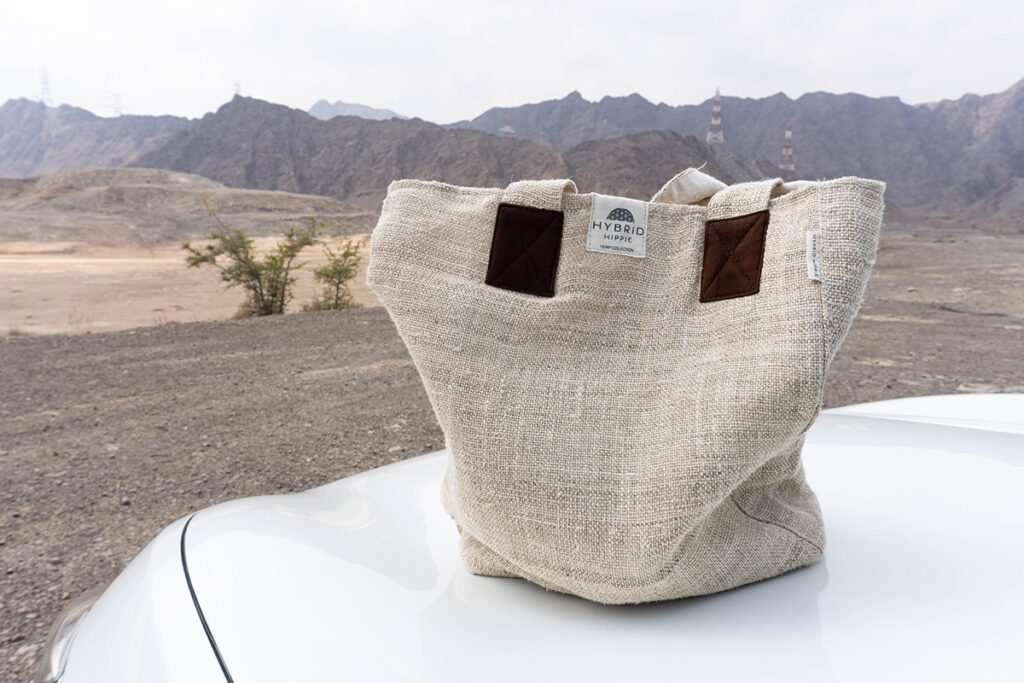In a world where the fashion industry is dominated by fast fashion, it is critical that we make an effort to choose sustainable clothing options that are designed to last. One such fabric that has made a comeback is hemp, which provides many environmental benefits in comparison to synthetics or even cotton.
While in the west, hemp fabric is now viewed as a new trend in sustainable clothing, its use goes far back into history. Through this time, the plant used to create strong and durable fabric has been bred specifically for this purpose and, in comparison to its psychoactive cousin, it contains very little to almost no THC. Unfortunately, under some local regulations, both have been classified under the same category, which has led to the reduction in hemp fabric availability.

The Wonderful Sustainability Benefits
That’s a shame because hemp might just be one of the most environmentally friendly fabrics sustainable clothing could be made from.
That is because that the production process is not releasing any toxins into the environment or contributing any pollution throughout its lifecycle. The plant is very resilient and can grow even in poor quality soil, with very little water supply. This also means that it does not need to be treated with aggressive chemical pesticides, fertilizers or herbicides which would damage the soil quality and pollute surrounding waters. On the contrary, hemp nourishes the soil it grows in.
Thanks to the breeding of hemp for centuries with the durability of the fabric in mind, one of the reasons why it’s such a great fabric to make sustainable clothing is because it will last you a long time. It doesn’t stretch out, keeps its shape, and doesn’t rip easily. It is also perfect for summer since it absorbs sweat and protects your skin from UV rays. In addition, hemp fabric just gets better and softer with every wash!
Since hemp is a natural fabric, it can be composted at the end of its lifecycle and leaves no residues behind. Hybrid Hippie’s Hemp Collection features Yoga Mats, Fashion Accessories and Bags that are crafted in the valleys of Nepal using the finest all-natural Himalayan Hemp.
Industrial hemp has over the years also made its way to the construction industry
Very Few Drawbacks
With this set of impressive advantages of sustainable clothing made from hemp come very few drawbacks.
Hemp is often mixed with cotton to reduce the price of the resulting fabric since hemp production is significantly more expensive due to the relatively small-scale supply chain. While this is great for affordability, it limits the recycling potential of the fabric.
Hopefully, as hemp clothing becomes more popular, the cost of the fabric will become more reasonable, making it accessible to the masses.
